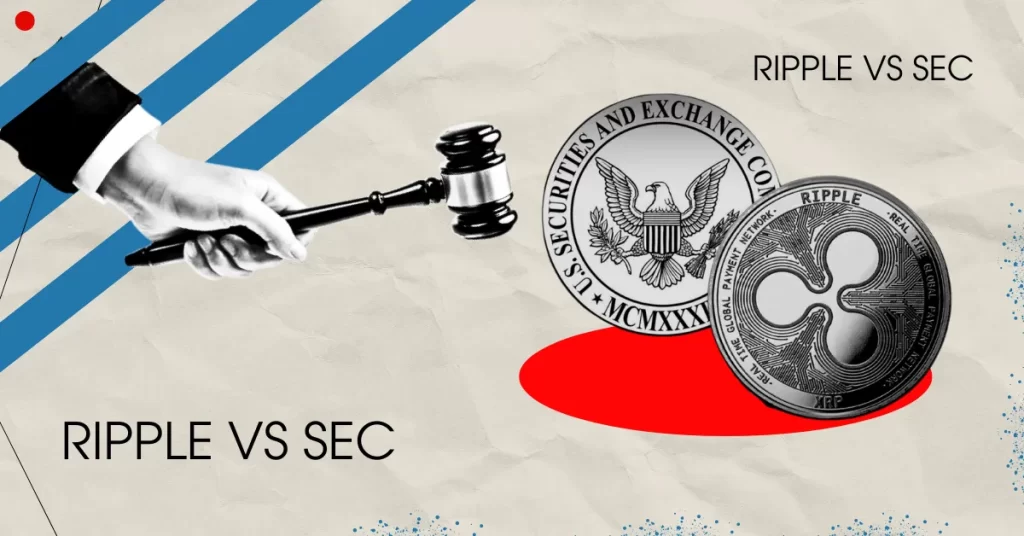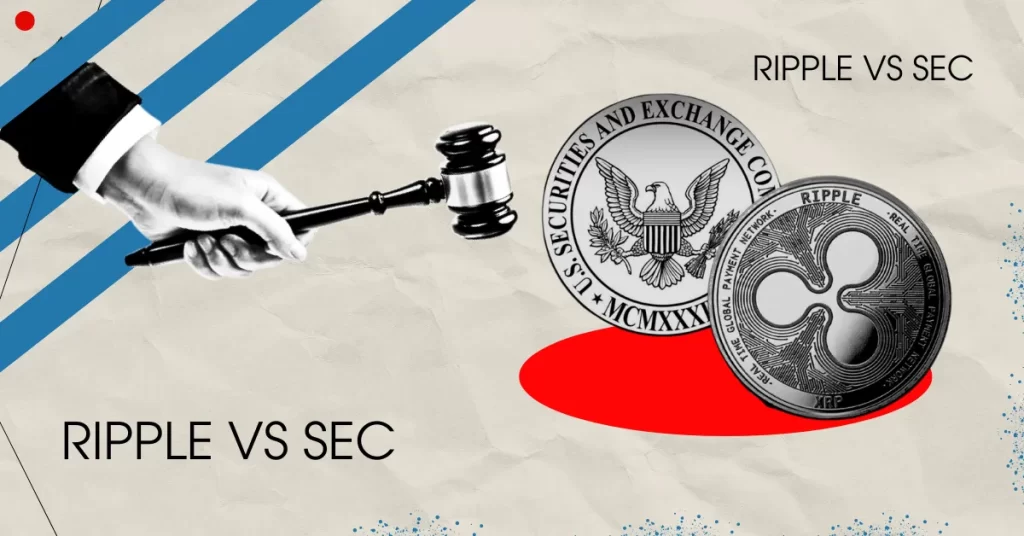Ripple vs SEC Lawsuit Update: SEC Strikes Back at Ripple’s Attempt to Exclude Evidence


The post Ripple vs SEC Lawsuit Update: SEC Strikes Back at Ripple’s Attempt to Exclude Evidence appeared first on Coinpedia Fintech News
In the ongoing legal tussle between Ripple Labs Inc. and the Securities and Exchange Commission, a new focal point has emerged concerning the nature of evidence presented in court.
The SEC has opposed Ripple’s motion to exclude certain materials, which Ripple claims qualify as undisclosed expert testimony.
Lawyer Reacts to SEC’s Opposition
Bill Morgan, a noted commentator on legal matters involving technology and finance, recently provided a critical take on this development.
According to Morgan, “The SEC’s stance seems paradoxical, especially in a landscape marred by major failures in protecting investors from real harms, such as those related to the FTX collapse. Here, the complaint centres around some investors not making as much profit as others due to differential discount rates offered by Ripple.”
At the heart of this controversy is the Fox Declaration, which Ripple contests as improperly categorized summary evidence rather than expert testimony.
The SEC has countered this claim, asserting that the declaration merely performs arithmetic on Ripple’s financial records to aid the court in understanding the financial transactions involved without relying on any specialized knowledge that would categorize Andrea Fox as an expert witness.
Analysis of the SEC’s Defense
The SEC’s opposition is anchored on several key arguments emphasizing the procedural and substantive appropriateness of the Fox Declaration under Federal Rule of Evidence 1006. This rule allows summaries of voluminous data that cannot be conveniently examined in court, provided the original records are available for examination.
The SEC highlights that using a summary witness was anticipated during the remedies-phase discovery. Ripple had the opportunity to seek discovery related to this but chose not to act until this motion to strike.
The SEC struck that the declaration does not render expert opinions but employs basic arithmetic to summarize Ripple’s extensive financial and sales records. The Fox Declaration was intended to streamline the presentation of these calculations to the court, not to provide expert analysis or opinions on accounting principles.
Citing cases like United States v. Blakstad and SEC v. Treadway, the SEC argues that employing accounting methodologies in calculations does not necessarily confer the status of expert testimony as long as the declarations are confined to summarizing data without offering interpretations that require specialized knowledge.
Morgan points out, “It’s intriguing that the SEC’s argument hinges on what appears to be a straightforward application of arithmetic to provided financial data, yet the implications of these calculations – particularly regarding alleged pecuniary harm to certain investors – seem to venture into interpretations that could influence legal judgments.”
Investor Protection: A Question of Priorities?
Morgan criticizes the SEC’s approach, questioning whether the agency prioritizes investor protection appropriately.
“The issue here isn’t just about whether some investors could have made more money but about the consistency and transparency of financial practices. However, juxtaposing this with the SEC’s failure to mitigate much larger and more direct financial harms, such as those from the FTX scandal, one might wonder if the agency’s priorities are in order.”
This debate raises essential questions about the role of regulatory bodies in ensuring fair market practices and whether the focus of regulatory actions aligns with the overarching goal of investor protection.




